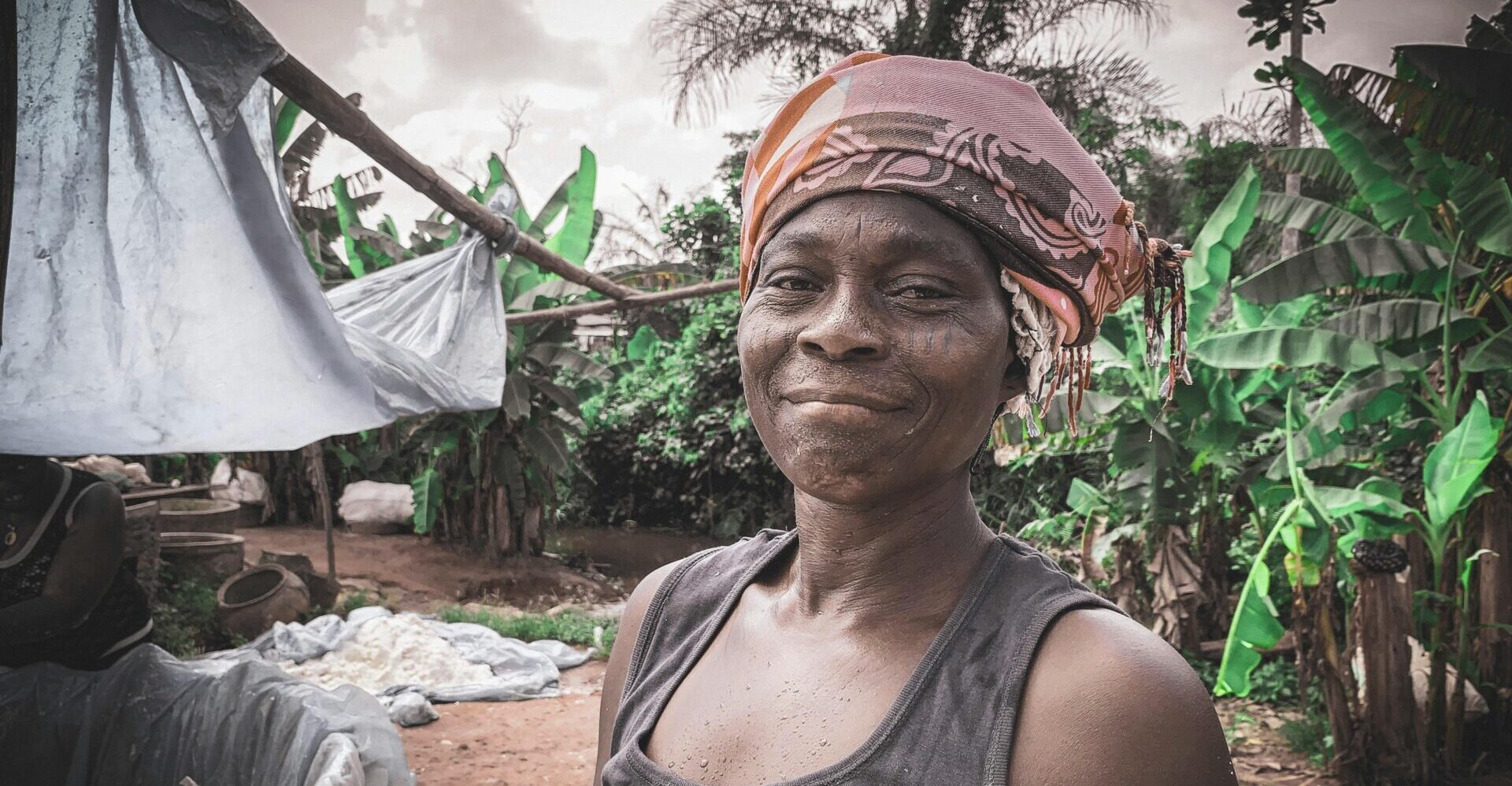Despite significant strides in education, poverty reduction, and productivity over the past three decades, entrenched inequalities, eroding trust in institutions, and sluggish advancements in key areas continue to impede global social justice, according to a recent report by the International Labour Organization (ILO). Titled ‘The State of Social Justice: A Work in Progress,’ the report reveals that 71 percent of an individual’s income is still heavily determined by factors such as their country of birth and gender. Published ahead of the Second World Summit for Social Development in Doha and marking the 30th anniversary of the 1995 Copenhagen Summit on Social Development, the study acknowledges that while global wealth, health, and education levels have improved since 1995, these benefits have not been equitably distributed, and progress in reducing inequality has stagnated. The report highlights a steady decline in public trust in institutions since 1982, fueled by widespread dissatisfaction with perceived unfair rewards for effort. The ILO warns that without urgent efforts to strengthen the social contract, this erosion of trust could undermine democratic governance and international cooperation. On a positive note, the report points to notable achievements, including a 50 percent reduction in child labor among children aged 5 to 14, a drop in extreme poverty from 39 to 10 percent, a ten percentage point increase in primary education completion rates, and social protection coverage for over half of the global population. However, persistent challenges remain: 58 percent of workers are still in informal employment, the gender participation gap in the workforce has only slightly decreased since 2005, and closing the global gender wage gap could take a century at current rates. These issues are exacerbated by rapid environmental, digital, and demographic changes reshaping labor markets at an unprecedented pace. The ILO emphasizes that without targeted policies, disparities will deepen, but strategic interventions—such as investing in skills development, social safety nets, equitable wage policies, and active labor market programs—can foster inclusion and resilience. ILO Director-General Gilbert F. Houngbo stressed, ‘Social justice is not only a moral imperative—it is essential for economic security, social cohesion, and peace.’ The report calls for immediate action to address unequal access to opportunities, promote fairer economic benefits distribution, and manage global shifts in a way that leaves no one behind. It also advocates for embedding social justice at the core of all policy frameworks and enhancing collaboration among governments, international agencies, and social partners. The findings are expected to shape discussions at the upcoming World Social Summit in November and support the initiatives of the Global Coalition for Social Justice, led by the ILO, which unites stakeholders committed to building fairer and more inclusive societies.
Collective progress continues to be stymied by global inequalities, reports Int’l Labour Organization
